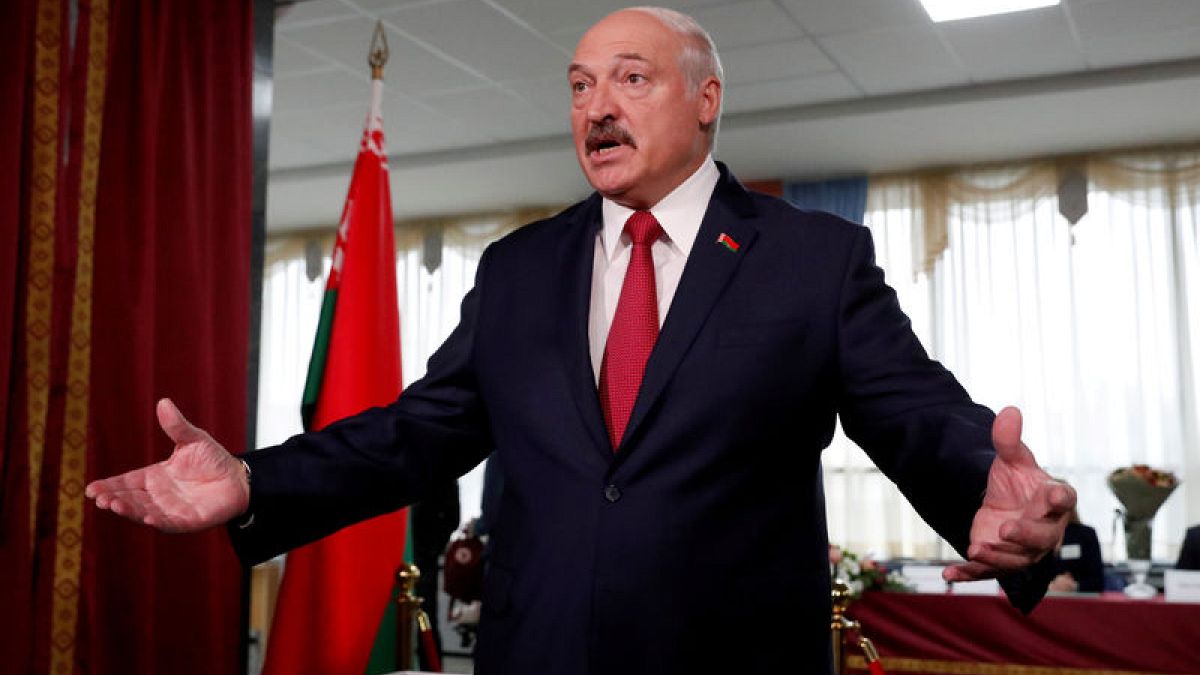"Trust me, it's not really the softest chair," Lukashenko told reporters.
Belarus President Alexander Lukashenko maintained his hold on power after results published early on Monday showed not a single opposition candidate had won a seat in parliamentary elections over the weekend.
Lukashenko has governed the former Soviet country with an iron fist for a quarter of a century and plans to extend his rule beyond next year, announcing on Sunday he would stand in the 2020 presidential election.
The 65-year-old has given more leeway to the opposition and released political prisoners in recent years in a bid to improve ties with the West after rowing with traditional ally Moscow.
But official data on Monday showed, on a 77% turnout, no opposition figure won a seat. At the last election in 2016, two opposition members won seats for the first time in 20 years but neither was allowed to stand again this time around.
Lukashenko said the Belarusian people could vote him out of office next year if they no longer wanted him.
"I have promised that I would not hang on to this seat until my fingers turn blue. Trust me, it's not really the softest chair," he told reporters.
Lukashenko also used the occasion to threaten Russia with pulling out of signing an integration deal next month unless Moscow resolved a dispute over energy subsidies.
There were some low-key protests of around 300-400 people in the run-up to the election that the opposition said was a foregone conclusion.
"The result has long been determined. The authorities have selected approved candidates. A change of power in Belarus is not possible through elections," Nikolai Statkevich, a leading opposition figure, told Reuters.
In September, the United States and Belarus announced they would resume ambassadorial relations for the first time since 2008.
Washington also signalled it might further scale back sanctions on Minsk depending on how Sunday's parliamentary elections and the 2020 presidential vote were conducted.
U.S. and European Union sanctions imposed on Belarus over its treatment of political opponents were mostly lifted in 2016 following the release of political prisoners and other reforms.
But relations with Russia suffered after Minsk refused to recognise Moscow's annexation of Ukraine's Crimea peninsula in 2014.
Moscow also cut subsidies to Belarus that have long kept the country of 9.5 million in its orbit.
Lukashenko has bristled at what he sees as Russia's attempt to strongarm his country into merging with its much larger neighbour, and accused Moscow of falling into "hysterics" over his moves to balance ties between East and West.
"Belarus faces being incorporated into Russia. Lukashenko is resisting, but he has no leverage for a long resistance," said Statkevich, who was imprisoned for four years after running against Lukashenko for the presidency in 2010.
